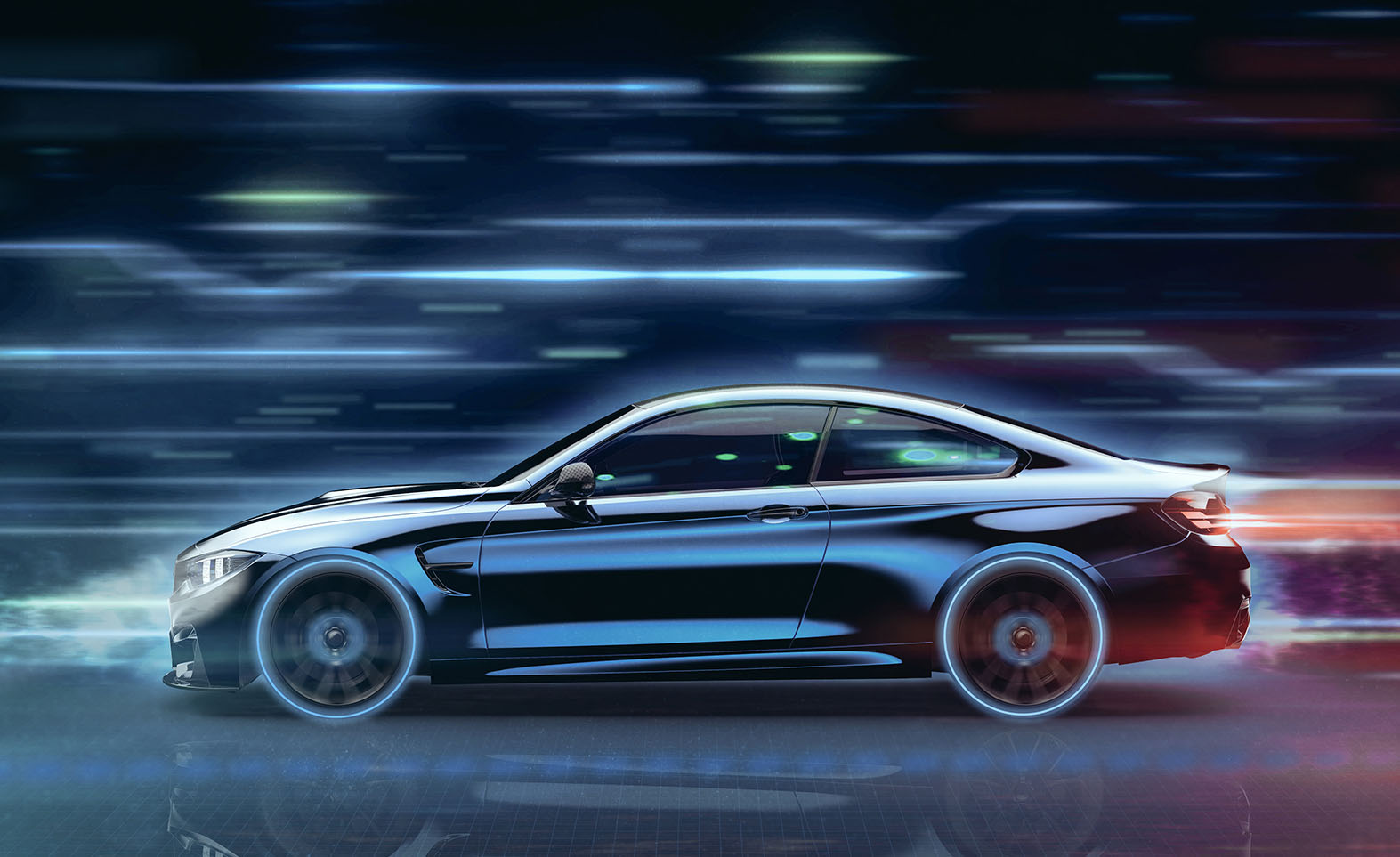
June 6, 2022
Three carmakers are leading the Capex drive for electric vehicles
The government's push for electric mobility is likely to result in at least 25 electric vehicles
Startups, as well as existing two-wheeler manufacturers, are investing in capacity expansion as well as product development
Vehicle makers and component suppliers are estimated to have spent a combined INR 40,000 crore as part of the upgrade from Bharat Stage IV to VI emissions norms

Automobile manufacturers are set to spend a combined capital expenditure of INR 70,630 crore over the next five years to step into the electric vehicle (EV) segment, according to recent data.
Three carmakers are leading the Capex drive for electric vehicles, namely Tata Passenger Electric Mobility (INR 15,000 crore for the next three years), Suzuki Motor Corp (INR 10,445 crore till 2026), and Hyundai Motor India (INR 4000 crore till 2028).
The government’s push on electric mobility to reach its net-zero goals is likely to result in at least 25 electric vehicles, including new and electrified versions of current vehicles with internal combustion engines (ICE).
The move is also expected to attract new investors to the industry, including startups and private equity firms, who see potential in the transition.
The government, with its aim to reduce the country’s dependence on fossil fuels and reduce pollution from exhaust pipes, wants electric vehicles to comprise 30% of private cars, 70% of commercial vehicles, and 80% of two-wheelers (2W) as well as three-wheelers (3W) by 2030.
Two-Wheelers
For the two-wheeler-electric-vehicle market, startups, as well as existing two-wheeler manufacturers, are investing in capacity expansion as well as product development. According to experts, the auto industry usually incurs a Capex of 8-10% of its annual revenue, but this time, it is going to be phased out and will be largely driven by passenger vehicle makers.
Part-makers
The automobile component industry, which has traditionally relied on engine parts for the majority of its revenue, is ready for the shift to electric vehicles. Experts say the investment cycle for car component manufacturers to prepare for electric vehicles has already begun, and the 75 companies eligible for the auto components Product Linked Incentive (PLI) scheme should collectively invest INR 18,600 crore in the next five years.
Way forward
Vehicle makers and component suppliers are estimated to have spent a combined INR 40,000 crore as part of the upgrade from Bharat Stage IV to VI emissions norms, which came into effect on April 1, 2020. According to experts, the culmination of several years of investments and PLIs have given the EV transition a much-needed push.